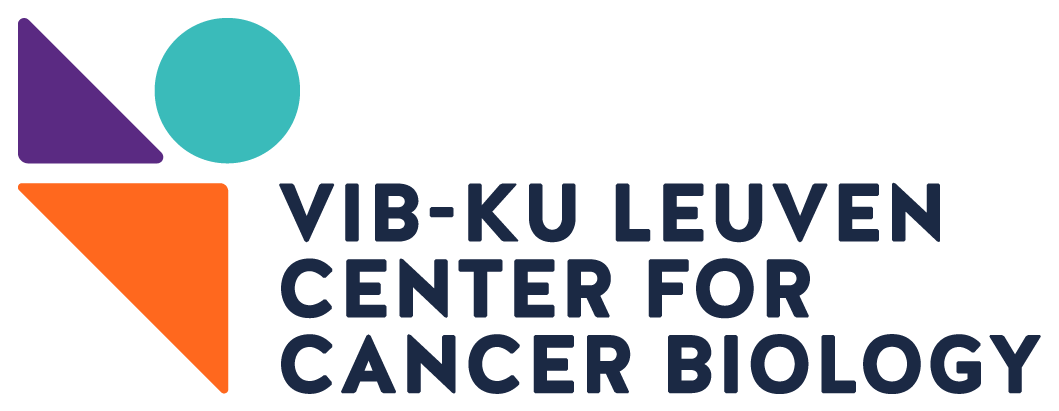Development of Leuven's candidate medicine against nerve disease ALS moves into higher gear
VIB News 1/02/2010
The European Medicines Agency (EMEA) has recognized a Leuven lab’s candidate medicine to combat the neurodegenerative disease ALS (Amyotrophic Lateral Sclerosis) as a 'weesgeneesmiddel' (‘orphan medicine’). This name is given to promising medicines that would not reach the market without extra financial and administrative stimulus. The candidate medicine is based on the work of Peter Carmeliet, a scientist at VIB (Vlaams Instituut voor Biotechnologie) and the Katholieke Universiteit Leuven. Carmeliet has previously discovered that a deficiency of a certain protein (VEGF) causes symptoms of ALS in mice. Current research is focused on administering VEGF directly into the patient’s brain via a small pump. This should slow down the progress of the disease, an effect that has been observed in laboratory animals in earlier VIB research. The development of the therapy is being conducted by the pharmaceutical company NeuroNova. Clinical trials are running in Leuven’s University Hospital, under the direction of Wim Robberecht, who is also connected to VIB and the K.U.Leuven Vesalius Research Center.
Exclusive access to the market
Through regulations regarding orphan medicines, the European Union is seeking to encourage the development of medicines for rare diseases, even though they may not be commercially viable. Designation as an orphan medicine grants the manufacturer market exclusivity for 10 years, as well as central registration in the European Union, advice in formulating research protocols and drawing up registration applications, and reduced registration fees for the new medicine. In addition, research may be conducted with fewer patients. These measures can accelerate the development of a medicine substantially – certainly for diseases that are very rare.
Incurable and paralyzing disorder
ALS is an incurable paralyzing disorder – one of the most well-known patients is astrophysicist Stephen Hawking. In Belgium, approximately 800 to 1000 people are suffering from the disease. Over 200 patients die each year, and at least as many contract the disease. Patients suffer deterioration of the nerve bundles that run to the muscles. This causes the patients to lose control over their muscles and they ultimately become completely paralyzed, although their mental faculties remain intact.
Long road to remedy
Although recognition as an orphan medicine will greatly accelerate research, there is still a long way to go before VEGF becomes a registered medicine. Controlled studies must still demonstrate VEGF’s therapeutic effect on retarding the development of ALS. The current research is in clinical phase I/II, which means that the medicine’s safety will now be evaluated in a controlled group of 200 patients.
